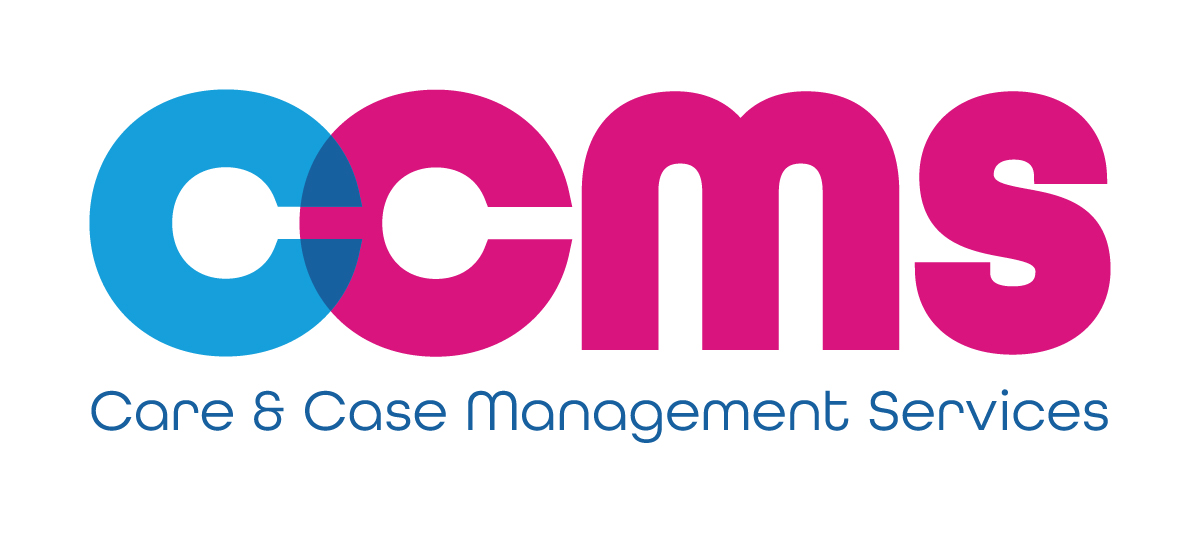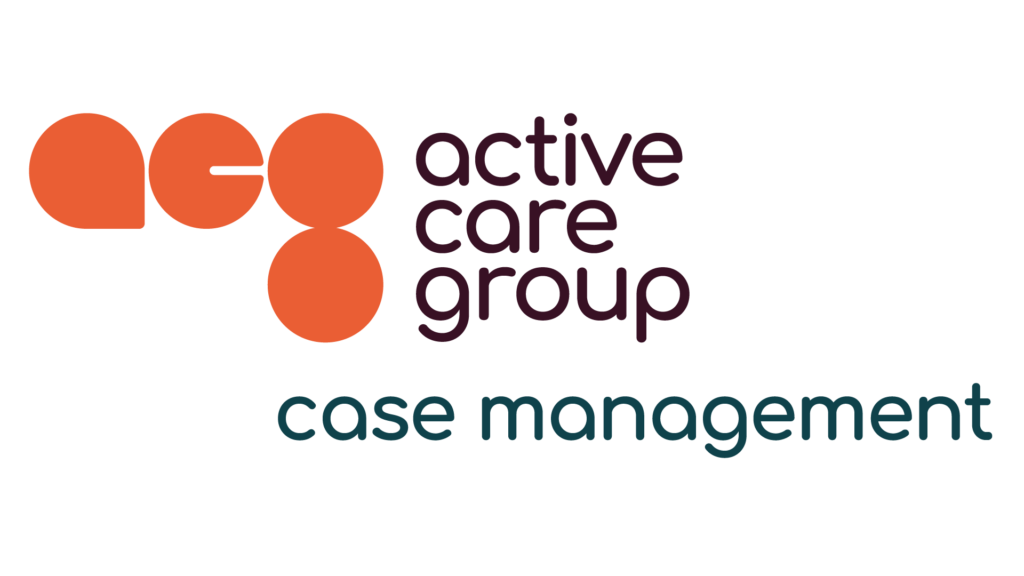This National Road Victim Month, we wanted to share the case study of our client, Sean*. His Case Manager, Rachel Cromack, has shared his story to raise awareness of the impact of road traffic accidents.
Sean’s story
Sean is an 18-year-old who sustained a severe traumatic brain injury in a road traffic accident in 2022. After the initial insult he underwent a craniectomy to relieve the pressure on his brain. Sean is now due to have cranioplasty surgery to insert a titanium plate to repair the skull defect.
Sean found his immediate hospital admission following the accident very traumatic and required a large amount of intervention to remain in hospital and get the treatment he required. He was suffering from post-traumatic amnesia at the time.
In anticipation of this, Rachel supported him in attending a pre-assessment appointment. Prior to the appointment, she visited him at home to start preparing him for the visit. She wanted to make sure he understood what he was to expect at the appointment. Sean informed her he had a phobia of needles. She discussed this with him and explained the reasons why blood tests were required prior to a large operation. Rachel reminded him of his goals and that he needed to have the cranioplasty to enable him to do the activities he strived for such as football and going to the gym independently.
Where did his phobia originate?
Rachel tried to establish if he knew where this fear had originated from. Sean was unsure but explained he gets anxious and panics at the thought of the pain of the needle insertion. Rachel explained that she appreciated him being able to talk to her about this and that his feelings were normal, and she would be there to support him throughout the whole procedure.

Sean’s Father accompanied them to the appointment. On the journey she chatted through what Sean felt might help him to deal with his fear. They discussed things he felt would not help; allowing Rachel to support him in a caring, supportive, and personalised way.
During the appointment Rachel supported Sean with the questions he was being asked. When the time came around to obtain blood tests, Sean started to panic. He was visibly anxious with sweat beads quickly developing on his nose and forehead. Rachel supported Sean in informing the nurse that he had a fear of needles, in particular the pain. She asked if there was a possibility of him having numbing cream applied prior to having the venepuncture performed. They were told this was not possible at this time.
Giving Sean support
Rachel talked through what they had discussed prior to the appointment to try and calm Sean. His dad was passing comments such as “just do it, it doesn’t hurt, and your 10-year-old brother had his done last week and didn’t make this much fuss”. Sean responded to this with anger and hostility. Rachel diffused the situation by explaining to his father that everyone are individuals and have different fears. Rachel asked if she could swap seats to sit next to Sean and reassure him. She offered her hand to hold (or squeeze very tightly as it went).
Various methods were used to distract Sean and he did well enough for the nurse to get the needle in twice. Unfortunately he was too tense for the blood to flow and a sample to be obtained. It was decided that he had had enough for one day. As the bloods were vital for him to have his surgery another appointment was made for two days later.
Rachel liaised with his multi-disciplinary team (MDT) including Neuropsychologist and Occupational Therapy and they put together a plan of support to get him through the next appointment. This included application of numbing cream prior to the appointment, reassurance that he was successful in allowing the needle to go in it was just difficult blood flow, to encourage more fluids prior to the appointment, Dad to stay home and support from a friend who we picked up on the way, and as Sean worked well with a food reward in place, this was also offered.
A successful appointment
We attended the appointment, and he was like a different person and had the bloods taken successfully with the support in place. Following the appointment, Rachel gave him lots of praise and told him how proud she was of him and so did his MDT members and Case Manager. He was taken for KFC as a reward.
Throughout this process the client was treated with compassion, kindness, dignity and respect by his Case Manager and the rest of the MDT. The care delivered was responsive to his needs, using prior knowledge of what works for him. The action taken was effective and led to a positive result, and Sean was very proud of himself and felt that after facing and overcoming that, he was less anxious about the day of the operation.
*The client’s name has been changed to protect their privacy.

